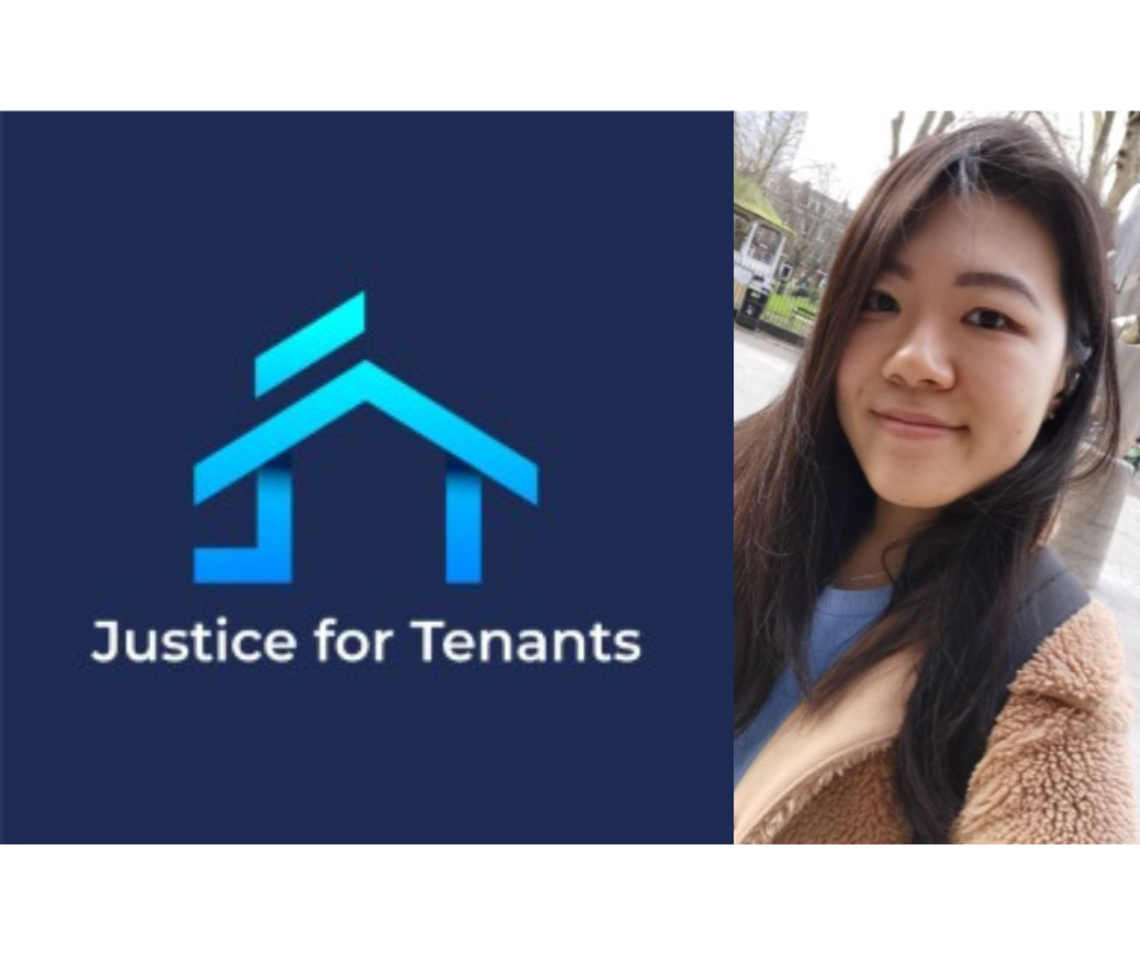Related Opportunities
IT Drop in Assistant
Providence Row
Min. 10 Weeks Minimum weeks

IT Drop in Assistant
Volunteering
Volunteer
Crisis Support, Homelessness
Assist in Computer drop-in sessions for clients experiencing homelessness to be able to have free access to computers.
St Luke's Meet Up Group Volunteer
St. Luke's Community Centre
Min. 0 Weeks Minimum weeks

St Luke's Meet Up Group Volunteer
Volunteering
Volunteer
Arts, Culture, Families, Mental Health, Older People
Pop-ups and Outreach Volunteer
St. Luke's Community Centre
Min. 0 Weeks Minimum weeks

Pop-ups and Outreach Volunteer
Volunteering
Volunteer
Families, Mental Health, Older People, Poverty
